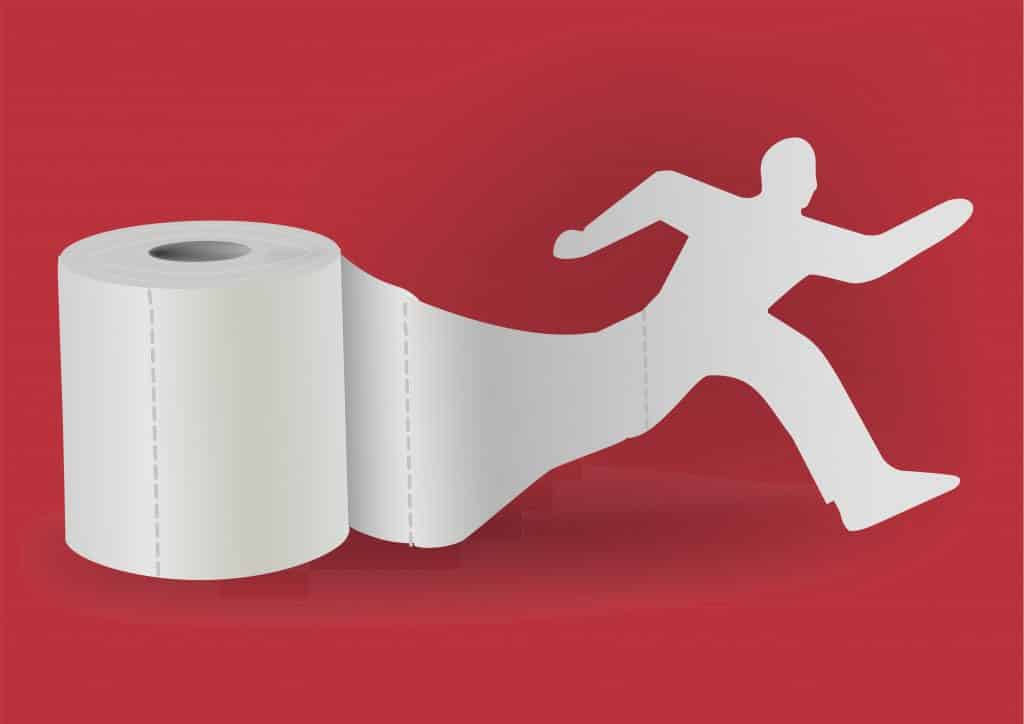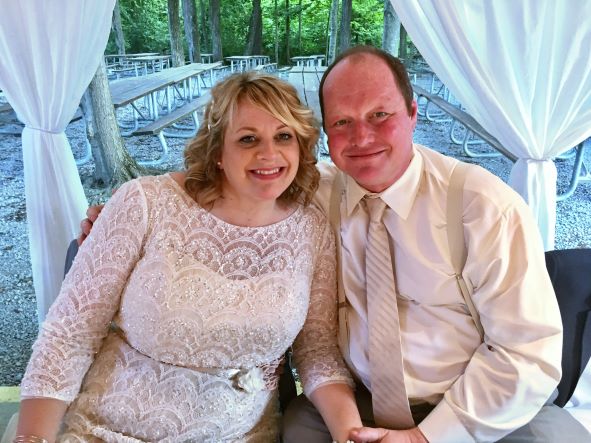Cincinnati GI Patient Newsletter – June 2022
June 2022
4 Ways To Fill Up On Water This Summer
Drinking plenty of water is always sound advice, but in the summer, it’s even more critical to our body’s overall health. The average person can sweat up to two liters in an hour of physical activity, and the body needs that liquid to aid the GI tract.
Here are helpful ways to increase your water intake during the summer months.
- Add flavor. Add your favorite fruit to your water. Lemons, limes, oranges, strawberries, and watermelon are delicious options.
- Track it. Whether you want to invest in a high-tech bottle that connects to your smartphone or simply want to track your water on a piece of paper, be sure you keep an eye on how much you’ve had to drink each day.
- Challenge a friend. Engage in a healthy competition with a friend, spouse, co-worker, or your kids to see who can meet their water goal most often.
- Alternate your drinks. If you typically consume soda, juice, or alcohol, try alternating with water. Before you grab that second can of soda, drink a glass of water first. It’s an easy way to reduce your carbonated, sugary, and alcoholic beverages while increasing your water intake.
This summer, enjoy the cookouts, the heat, the pool, and the water.
To learn more about the importance of water intake, click here.
![]()
Patient Spotlight: Wendy’s Story
“Learning I had stage four colorectal cancer when I was 41 was devastating. And I’ll be honest, the treatment was brutal. Radiation, chemotherapy, a six-hour surgery, then months of more chemo. Miraculously all of the cancer – on both my colon and liver – was able to be removed during surgery. I actually beat stage four cancer.
I had mixed emotions the day my surgical oncologist said she no longer needed to see me. There was so much I liked about her, and I would miss her compassion. She referred me to Dr. Marvin Lopez at Cincinnati GI for routine follow-up. I was incredibly lucky because he was just as kind and caring as my surgeon. From the moment I met Dr. Lopez I could tell he was genuinely concerned about me. He always listens intently and keeps his focus on me during our twice-a-year visits. I think that’s rare.
And the staff at Cincinnati GI’s Beechmont location shows the same kindness and professionalism. The warm blankets, their attentiveness, the follow-up phone calls…I feel like family.
It’s been eight years since my diagnosis. I no longer think about my cancer every day. The anxiety is gone. I got married to an incredible guy. I’m living my life again. And I have a medical team who’s got my back. Life is good!”
Wendy is a patient of Marvin Lopez, M.D. To read more patient stories and quotes, click here.
![]()
Colorectal Screening Recommendations

Regular, early screening is the key to preventing colorectal cancer and finding it early.
The U.S. Preventive Services Task Force recommends that adults begin screening at age 45 and continue to be screened for colorectal cancer up to at least 75.* The Task Force recommends that adults age 76 to 85 talk to their doctor about screening.
Although most people should begin getting colonoscopies at 45, you may need to be tested earlier if you have certain conditions or a family history. Your gastroenterologist will recommend the right age for you.
To confirm if it’s time for you to be screened for colorectal cancer or to schedule your regular colonoscopy, please contact our office.
*Check with your insurance to see at what age your specific plan begins covering colonoscopies.
![]()
Living with IBS? Here are 6 Helpful Tips

Irritable bowel syndrome (IBS) is a widespread condition, affecting 10% to 15% of people in the United States, according to the American College of Gastroenterology. The most common symptoms include abdominal pain, bloating, diarrhea, and/or constipation. These effects, while not debilitating, can still upend a person’s routine and produce stress stemming from not knowing when an attack may occur.
However, that doesn’t mean you – or someone you know – must compromise on a lifestyle because of IBS. There are remedies, many of which can be practiced at home.
- Keep a detailed food journal. This will help to identify potential IBS instigators.
- Eliminate or reduce trigger foods such as dairy, coffee, gluten, carbonated beverages, alcohol, and high-fat foods. Do eat natural fibers, such as fruits, vegetables, nuts, and grains.
- Rule out FODMAP foods. These are foods that contain certain carbohydrates (sugars) that some people have trouble digesting. For some, high FODMAP foods can trigger IBS symptoms.
- Drink lots of water and other non-sugary fluids – at least eight cups a day.
- Exercise regularly and practice relaxation techniques, such as meditation.
- Eat meals at regular times (you may want to try smaller meals more often). Also, eat at a slower pace.
These efforts can make a big difference, but you have to be motivated and take the first step. Many people who live with IBS don’t seek treatment, but your gastroenterologist can help personalize a treatment plan just for you and your unique gut.
To read more from Dr. Said Nabhan’s blog, click here.


